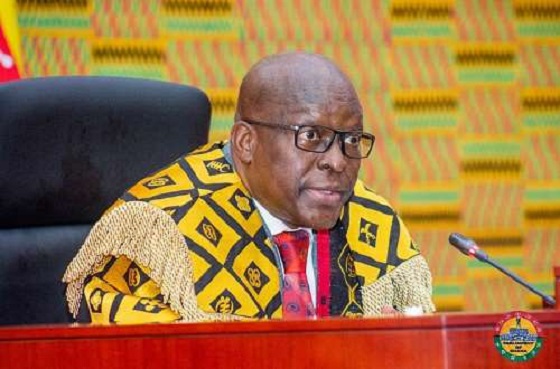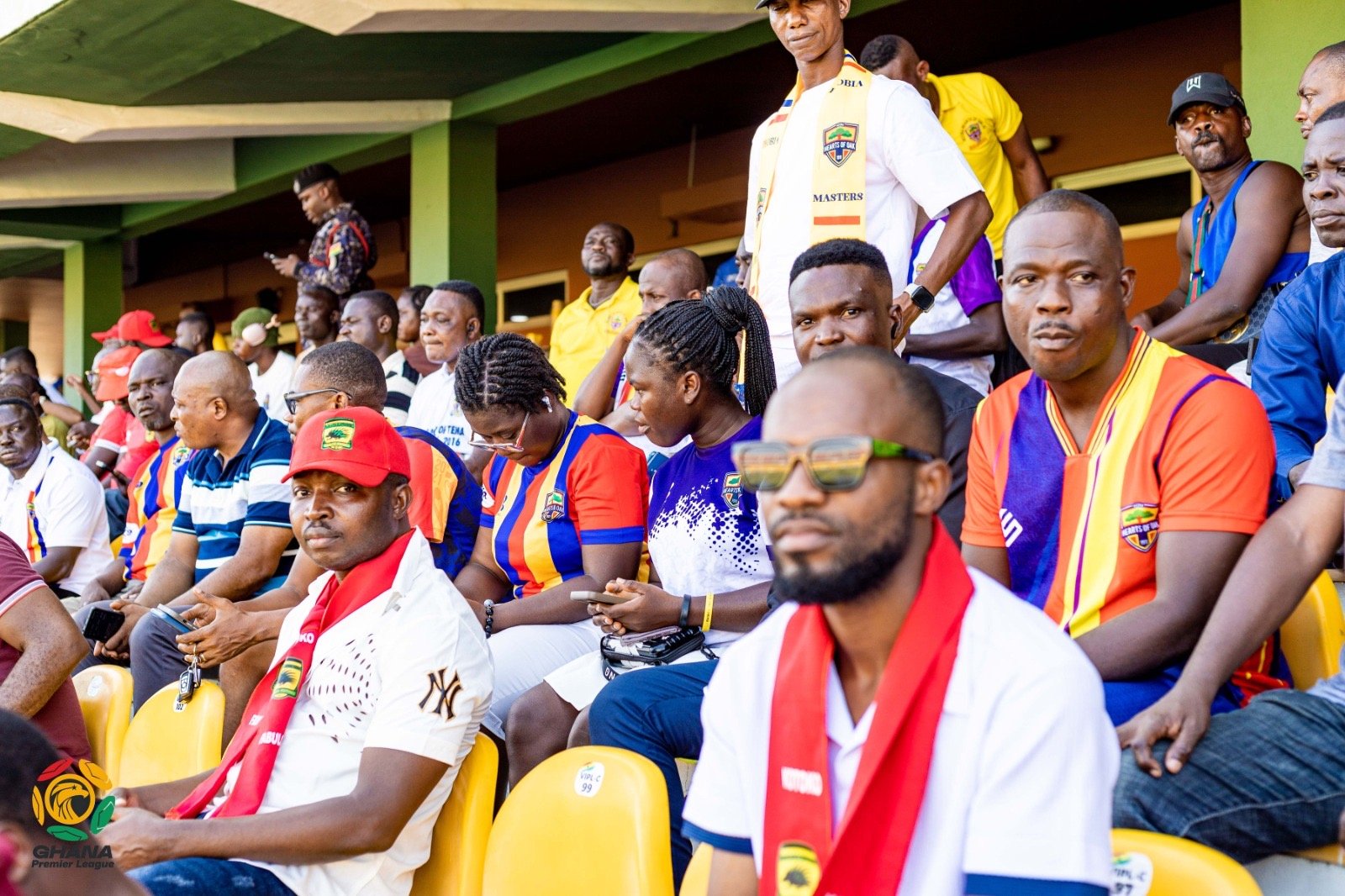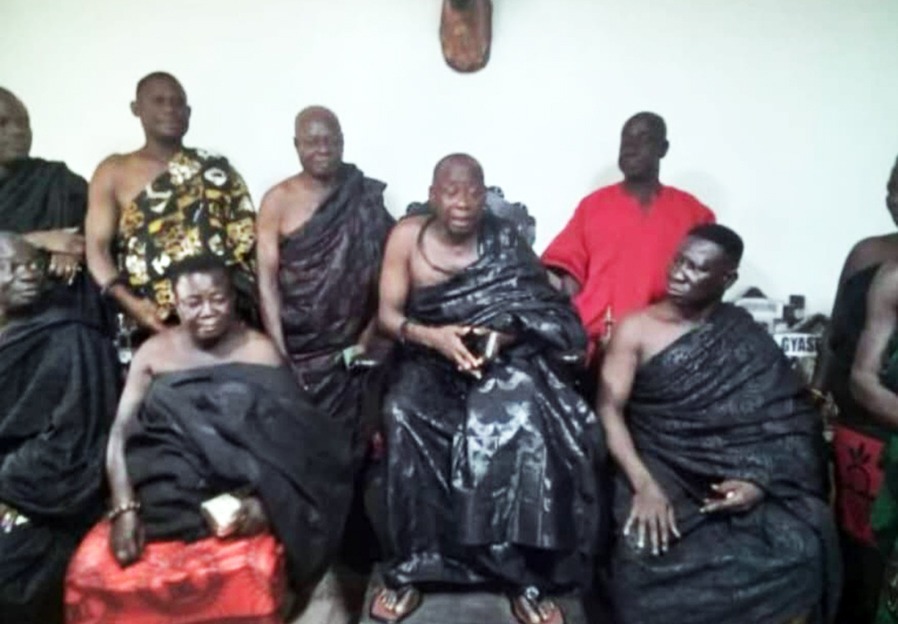

 When the heavy gates of the Ankaful Maximum Security Prison, in the Central Region, swung open on May 8, 2025, Joshua Arthur walked out a free man, but not the same man who entered 23 years ago.
When the heavy gates of the Ankaful Maximum Security Prison, in the Central Region, swung open on May 8, 2025, Joshua Arthur walked out a free man, but not the same man who entered 23 years ago.
He was 24 years old when he was arrested in Cape Coast in 2002, accused of robbing a car owner, a crime he insists he never committed.
The car, an Opel Astra, he said he had legally purchased from a neighbour for GH¢12,000, complete with what appeared to be valid documents.
“I used the car as a taxi for about six months,” he recalled. “Then one day, the police came to arrest me, saying I had robbed the owner. The papers I was given turned out to be fake.”
With no lawyer, no money, and no way to trace the man who sold him the vehicle, Joshua was remanded in custody, where he remained for six years and four months, waiting endlessly for advice from the Attorney-General’s Department.
“Back then, anyone charged with robbery could not be granted bail,” he explained. “So, I just stayed there and waited.”
With no lawyer, no money, and no way to trace the man who sold him the vehicle, Joshua was remanded in custody, where he remained for six years and four months, waiting endlessly for advice from the Attorney-General’s Department.
In 2008, the advice finally came, and Joshua was sentenced to 16 and a half years in prison. When combined with his remand period, he spent 23 years in jail before regaining his freedom.
Life behind bars
Prison, he said, is a place that strips a man of dignity.
“Eighty-nine of us slept in a small room, arranged head to leg, leg to head, like sardines. You can’t even turn your body,” he said.
Locked up from 17:30 hours each day until morning, the men endured heat, stench, and illness in silence.
“When you fall sick at night, you have to wait till morning. Some prisoners die just like that, and the wardens would say, ‘One fowl is dead.”
The food, he added, was barely edible.
“We took watery corn dough porridge in the morning and small banku with thin soup, whose ingredients were separate from each other, in the afternoon. We ate rice maybe once every three months.”
“When you fall sick at night, you have to wait till morning. Some prisoners die just like that, and the wardens would say, ‘One fowl is dead.”
Water was a luxury. Prisoners often bought sachet water from the wardens. The bunk beds were so weak they were tied together with ropes to prevent collapse.
“If one falls, all fall,” he said grimly.
He recalls that new inmates were made to clean gutters and toilets for six months — a form of initiation into prison life. But through it all, his faith kept him from breaking.
“Eighty-nine of us slept in a small room, arranged head to leg, leg to head, like sardines. You can’t even turn your body,” he said.
Illness and pain
During his time in jail, Joshua developed anal fistula and underwent surgery. An overdose injection during the operation left him with a neck problem that causes recurring spasms.
“The pain never really left,” he said, adjusting his neck. “It’s a reminder of where I’ve been.”
He was later transferred to the Ankaful Maximum Security Prison, where facilities were newer but maltreatment and neglect continued.
“Government must look at the healthcare of prisoners. People are dying because they don’t get medical attention, and many inmates don’t even have the papers to appeal their sentences.”
Faith in a dark place
It was inside the prison that Joshua found God.
“Every morning we went to church,” he said. “That’s how I became a Christian. It gave me strength.”
He recalled with regret written all over his face that even though his father was a prophet, he never took Christianity seriously until he ended up in prison.
Joshua’s story exposes the cracks in Ghana’s justice system — long remand periods, lack of legal representation, and inhumane prison conditions that crush rather than reform.
Freedom and fear
Now 47, Joshua is trying to rebuild his life in Tema, where his aunt has taken him in. Both of his parents died while he was behind bars.
“I have no home, no wife, no child,” he said quietly, reflecting on his current life. “It’s my prayer that God gives me an understanding wife one day.”
For Arthur, his freedom feels uncertain, as, according to him, “Life will never be the same again; I lost everything — my youth, my family, my future.”
“If I could turn back the hands of time, I would have listened to my father when he told me to return that car. I didn’t listen—and I lost 23 years of my life.”
A broken system
Joshua’s story exposes the cracks in Ghana’s justice system — long remand periods, lack of legal representation, and inhumane prison conditions that crush rather than reform.
His words cut deep: “Our prisons don’t reform; they make people worse. If you go there innocent, you might come out a hardened criminal.”
He hopes to meet the President, the Interior Minister, and the Prisons Director to share what he saw and to help push for reforms.
Inside the prison walls, Joshua Arthur lost two decades of his life but found his faith, his voice, and a mission: to make sure no one else suffers the same fate.
By Laudia Sawer
Source: GNA
The post Inside prison walls: An ex-convict’s wasted 23 years appeared first on Ghana Business News.
Read Full Story

















Facebook
Twitter
Pinterest
Instagram
Google+
YouTube
LinkedIn
RSS